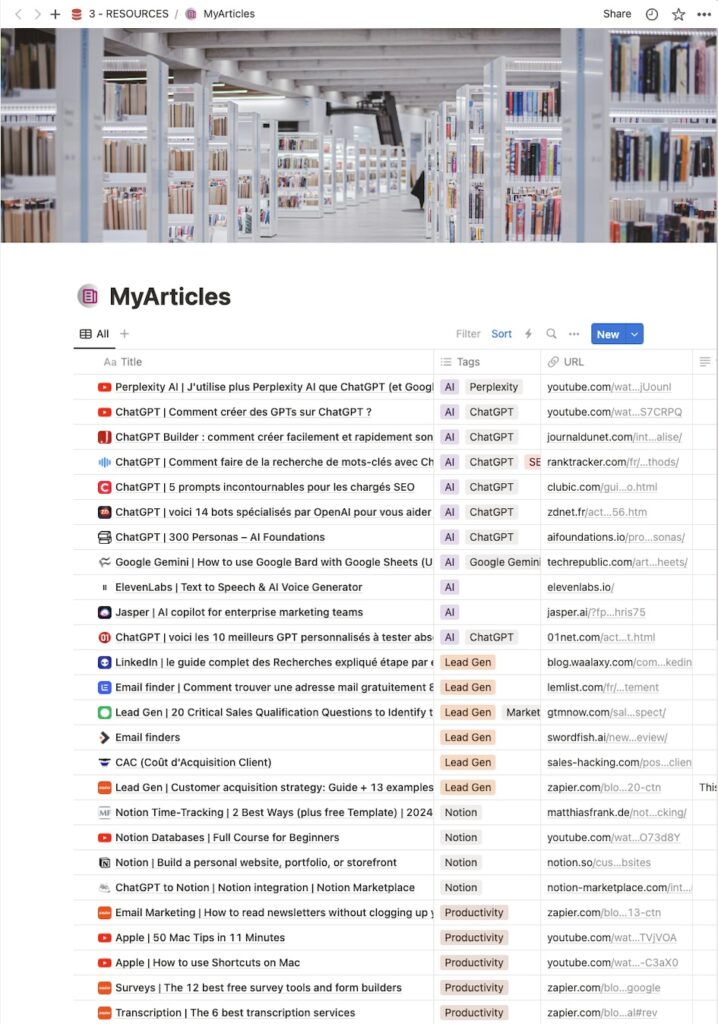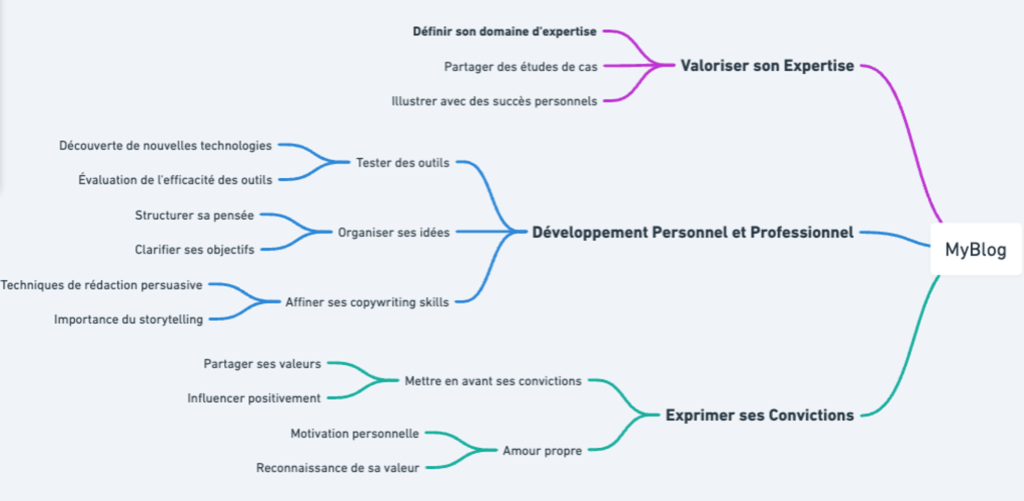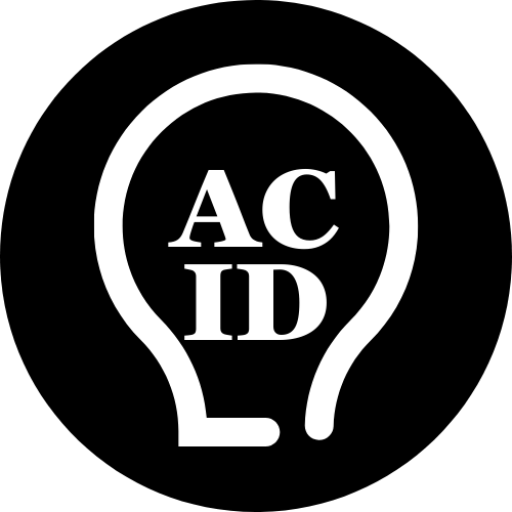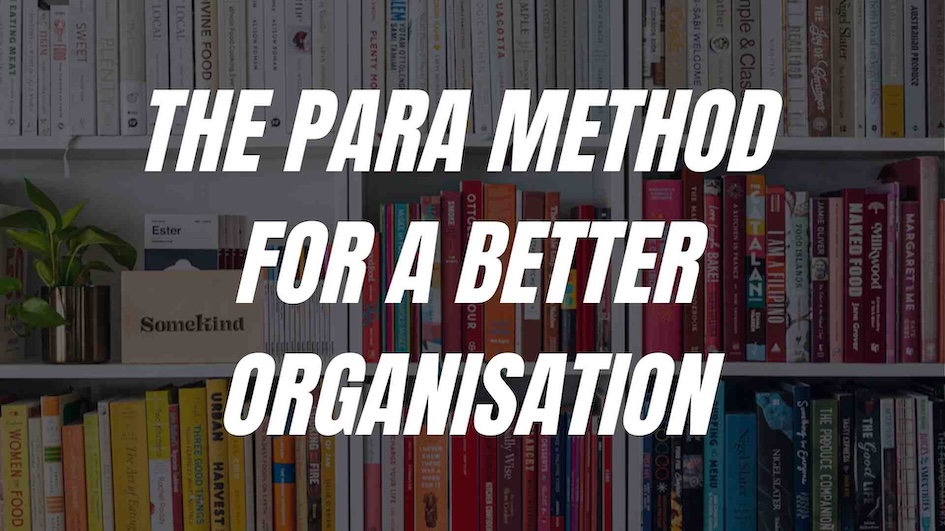It’s been a while since I’ve been thinking about starting a marketing blog. I’ve always found reasons, good or bad, to publish it. Procrastination, lack of self-love, even a certain shyness, difficulty in finding the “right angle”, fear of the blank page, lack of method… in short, every day, a “good” reason to do nothing.
Do nothing? Not quite, because for years, I’ve been accumulating content, testing solutions, taking screenshots for “later”. But as John Maynard Keynes said, when asked whether it was better to prioritise short-term or long-term economic actions, “in the long term, we are all dead”. And there you have it! Let’s get started. Let’s begin by valuing experience and expertise. Then we will consider reasons related to both professional and personal development, and, to conclude, the expression of convictions.
The marketing blog, a vector for valuing one’s experience and expertise
Besides 2 alliterations, the title of this part needs some clarification. I’m not going to give a “definition” per se, as everyone is capable of doing so. You can look it up in a dictionary or on Google, or even asking ChatGPT. Spontaneously, you can very well imagine a recruiter or headhunter asking a candidate, which each of us has been one day, to describe their professional experience by detailing their areas of expertise.
I want to propose another analogy: the chip aisle of your favourite supermarket. The width of the aisle represents the number of varieties or more precisely, the number of flavours (plain, vinegar, chilli, bacon, etc.) and this would be a vision of experience. The longer the aisle, the more significant the experience. The number of references per variety, that is, the depth of the range, would be the expertise. Here you might think of the different packagings, from the individual packet to the lots or to the XXL format.
Thus, making the distinction between experience and expertise is crucial to understand the depth and breadth of knowledge and skills that each of us possesses.
By definition, experience refers to the practical knowledge gained by doing something over a period of time. It is often practical, acquired through real situations, projects, or tasks. Experience grows with time spent in a particular field or role in which one applies learned skills in various contexts and learns from their successes and failures.
For my part, I have been working in B2B marketing in the IT sector for just over 10 years. I have cquired solid sectoral experience materialised by expertise in digital marketing, lead generation, content management, and the implementation of go-to-market strategies, for software publishers and for solution integrators.
We define expertise as a high level of skill or knowledge in a particular area acquired through study, practice, and experience. Expertise often involves specialisation in a specific niche within a broader field. The corollary of expertise can be recognition, by peers or, even better, by clients.
Experts are recognised for their competence and are sought after for their insights and advice. To describe a bit more about my experience in digital marketing in B2B, I can add that I also have a deep knowledge of SEO, SEA, social media trends that I can provide in the form of strategic orientations to my clients.
In summary, while experience concerns the practical application of skills over time, expertise goes beyond to denote a high level of mastery and specialised knowledge in a particular area. Both are valuable assets but serve different purposes in evaluating an individual’s capabilities.
The marketing blog, an engine for personal and professional development
Reading many marketing blogs and especially the motivations that lead authors to embark on the adventure, I feel that there are schematically 2 main families of publications: bloggers who wish to share experience and those who have more personal motivations undoubtedly related to self-affirmation. I deliberately set aside financial motivations.
As for me, I want to share my experience or rather my experiments. In my opinion, this is important because the offer of tools and methods has never been so large, and this is probably just the beginning of the “AI battle”.
For a few years, I’ve been creating collections of information on applications or online tools, multiplying freemium or free accounts with the “+1” trick, which consists of using the same email address but creating an increment. For example, if I use myemail@mail.co for a trial offer, I use myemail+1@mail.co to renew a trial offer.
Another interest is that communications sent by the application or online tool arrive in the “main” mailbox. A small downside: more and more sites block this little hack, but it’s worth testing it anyway.
I’ve created a directory on Notion to free up shortcuts from my Chrome browser. The interest of Notion lies in its free version, which is already very complete, with a unique database management module on the market. It’s a perfect combination of Google Sheet and Google Doc (for Windows fans, Excel and Word of course).
I haven’t yet found an alternative as practical for daily use, in desktop or mobile version, more respectful of GDPR, Notion being hosted on US AWS servers (to learn more, you can read this blog post How to make Notion GDPR compliant? – Privacyboard).

I have decided to opt for a WordPress blog because of its ease of SEO optimisation (meta description and meta keywords, alt-description of images, internal linking). I’ve written a few blog posts on somewhat technical subjects accessible, even for a non-technician like me.
The 2nd major motivation for creating this marketing blog lies in the concern for organising my ideas. “What is well conceived is clearly stated, and the words to say it come easily,” wrote Nicolas Boileau in the 17th century (in a book, not on his blog).
I like, when possible, to list the ideas, quotes, or sources I want to use before proceeding to create a mind map. I take this opportunity to explain that I love this educational tool that my children learned to use in primary school and continue to use through high school. I use Whimsical or Figma to draw content structures. I also use these tools when I need to prepare content for a landing page or a (small) website for my clients.

Finally, writing posts allows me to refine my writing skills, the famous “copywriting skills”. For LinkedIn posts, I often recommend to my clients the AIDA method.
Le Blog du Modérateur gives a very good definition (AIDA, une méthode marketing pour déclencher l’acte d’achat). To summarise, the acronym AIDA stands for:
Attention: attract, capture the consumer’s attention,
Interest: arouse, sharpen his interest,
Desire: provoke, stimulate his desire,
Action: encourage action, trigger the act of purchase.
“The AIDA method can be used in the context of an inbound marketing strategy, direct marketing, or operational marketing, to design any type of content or marketing actions, such as an email campaign, a postal mailing, a banner on a website, or a landing page.”
The areas of application are very varied, especially in a context of demand generation.
Storytelling is an important component of copywriting. I would describe storytelling as the ability to tell compelling stories regardless of the subject, whether it’s about a brand and especially its missions and values. The goal is to engage the reader by creating a reading pact with the author.
A novel or autobiography offers clear stylistic signs or conventions that reassure the reader about what they can expect from the content offered. In the case of a blog, the first level of reading can be the sharing of experience in which personal anecdotes serve to explain and justify the writing angle; the goal is to invite the reader to continue reading, or even to share it with their own network.
The marketing blog, a field for expressing one’s personal convictions
The 3rd and last aspect of the motivations for writing a marketing blog is more personal: the expression of one’s convictions. Even if the tone can remain quite neutral, the choice of topics covered reveals the author’s deep motivations and convictions.
For my part, I try to show that a number of subjects can be tackled head-on, in bootstrap mode, personally without necessarily depending on experts or agencies. I also try to carry certain subjects that are close to my heart, like athletes.
The decarbonization of digital tools in companies is a good example. I accompany a startup specialised in the decarbonization of email boxes for public and private organisations.
I am convinced that I am more credible to my clients if I am able to prove my ability to handle the subject. I firmly believe that everyone can be impacted by what they read and be encouraged to change.
Finally, writing can strengthen self-confidence and boost the recognition of one’s own value. “Always speak well of yourself, because it gets repeated, and in the end, you no longer know where it came from!”, according to a famous anonymous author; for a time, long before the Google reflex, this quote was attributed to the playwright Georges Feydeau but Google does not seem to confirm it these days.
FAQs
Why is a marketing blog important for professionals and businesses?
A marketing blog serves as a platform to showcase expertise, share industry insights, and connect with a broader audience. It helps in building authority, driving website traffic, and fostering relationships with potential clients or customers.
How does blogging contribute to personal and professional development?
Blogging encourages continuous learning and reflection. By researching and writing about various topics, professionals can deepen their knowledge, stay updated with industry trends, and enhance their communication skills.
In what ways can a marketing blog express personal convictions?
A blog allows individuals to articulate their viewpoints, share personal experiences, and discuss values that resonate with their audience, thereby humanising the brand and building trust.
How does a marketing blog enhance online visibility?
Regularly publishing high-quality content improves search engine optimisation (SEO), making it easier for potential clients to find your business online. This increased visibility can lead to higher website traffic and more opportunities for engagement.



